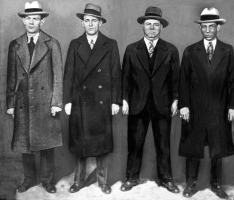Top 10 Unexplained Mysteries of the Brain
The human brain is one of the most complicated and poorly understood organs in the human body. While scientists made significant progress in decoding its ... read more...mainly mysterious workings in recent years, thanks to tremendous discoveries in sciences such as neuroscience, there's still a lot people don't know about it.
-
The purpose of existence itself is a question, and it is question-related to consciousness. The relationship between the physical components of the brain and the subjective, particular experiences people have as a result of them has been poorly understood by many specialists throughout history, from ancient philosophers to contemporary neuroscientists.
One of philosophy's and science's greatest mysteries is consciousness, which has the potential to provide answers to some of humanity's most complex medical issues, including the aforementioned neurodegenerative diseases. Even if there is a physical component to consciousness, people still don't fully understand which parts of the brain are in charge of it. Patients with extensive spinal cord injuries are known to still be conscious and have some type of worldly experience despite having nearly no remaining brain function and senses.
Early in the morning, you may notice that the Sun is just beginning to rise, hear a few birds tweeting, and perhaps even experience a brief moment of joy as the cool morning air touches your face. In other words, you are conscious.

Photo by geralt via Pixabay 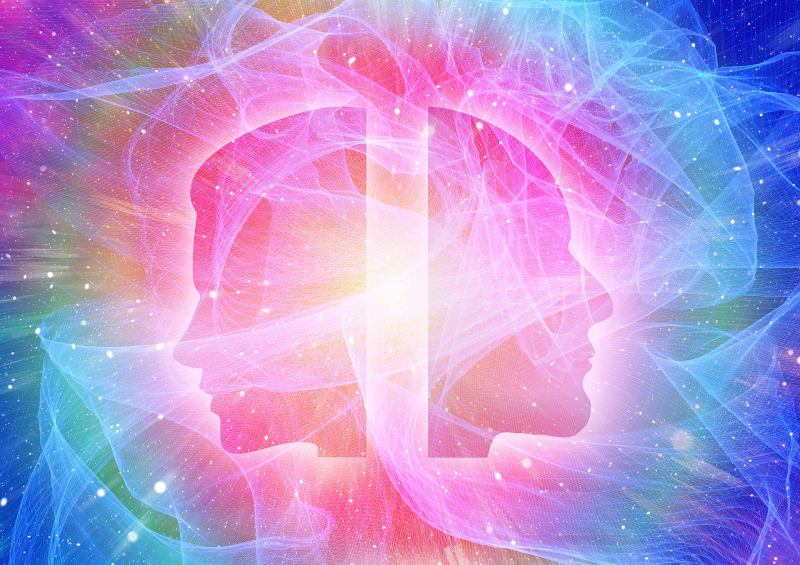
Photo by geralt via Pixabay -
The brain is remarkably adept at keeping track of time, doing it virtually constantly. Though it goes well beyond that, you may have previously heard of the circadian clock, which aids in helping different organs regulate their operations in accordance with the time of day. Even the most routine daily activities, like driving, speaking, and listening to music, require time tracking.
Although people are aware that the brain is able to do this, people are unsure of how. The parts of the brain involved in keeping time are yet unknown, in contrast to spatial awareness. The body's timekeeping functions have traditionally been thought to be governed by a central clock, but an increasing number of scientists now think that different parts of the brain may each have their own distinct timekeepers, using different parts of the brain at different times depending on their function. For instance, maintaining track of time when recalling a memory would involve a whole different set of brain operations than keeping track of time when catching a ball.

Photo by geralt via Pixabay 
Photo by geralt via Pixabay -
Humanity has come a long way towards understanding life and the universe. However, neurodegeneration is still one of the unexplained mysteries of the brain that scientists are working to solve. The specific type of nerve cell deterioration found in conditions like Parkinson's and Alzheimer's is referred to as neurodegeneration. Though you are aware of hundreds of neurodegenerative disorders, only a few of them, including Alzheimer's, Parkinson's, and Huntington's, have ever undergone research.
What specifically causes neurodegenerative disorders remains a mystery. The only need appears to be advanced age, but that is all. Patients with neurodegenerative illnesses do not appear to be related in any way, other than by age. That makes it very impossible to forecast and, thus, properly treat some of the most severe mental diseases that medicine is aware of. You also don't know exactly how these illnesses assault and kill neurons over time, or what occurs in the brain once they start and continue to progress.
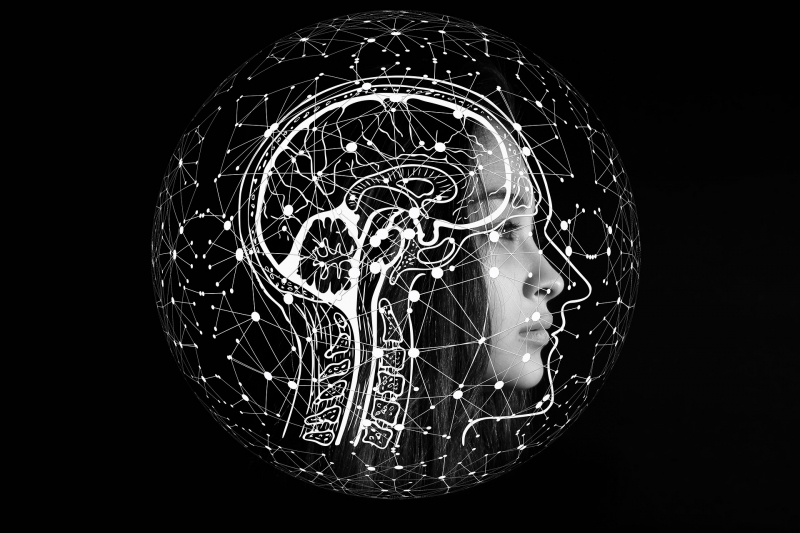
Photo by geralt via Pixabay 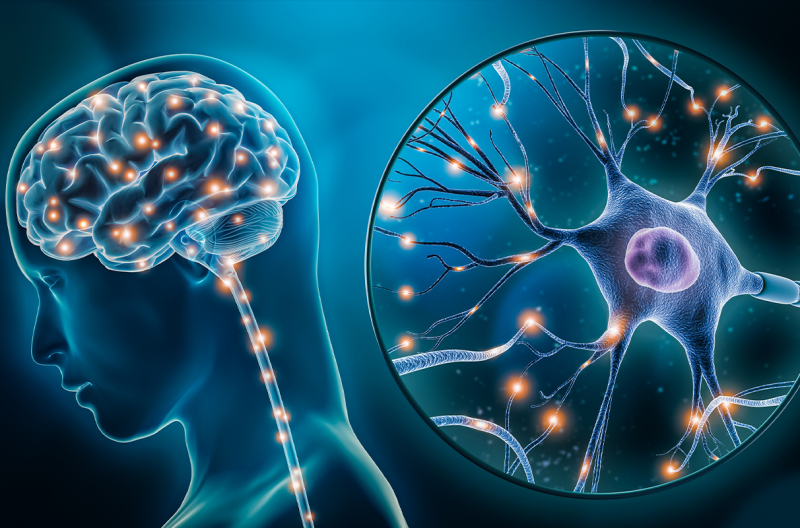
Photo by ColiN00B via Pixabay -
Although the frequency and content of dreams vary depending on a number of factors like age, stress, sleep schedule, etc., almost everyone is familiar with what dreams are. However, as dreams are still among the more perplexing and frequent brain phenomena you are aware of, no one is certain what exactly happens inside the brain while you dream.
One study suggests that multiple brain regions, as opposed to just one, are involved in dreaming, including those in charge of memory, emotion, and reward, albeit it doesn't explain how exactly these regions interact to create dreams. Additionally, it's unclear when you dream. Although it was always thought that you could only dream while you were in the REM stage of the sleep cycle, more recent studies have revealed that you can dream while you are in non-REM sleep as well. Keep reading to explore more unexplained mysteries of the brain.
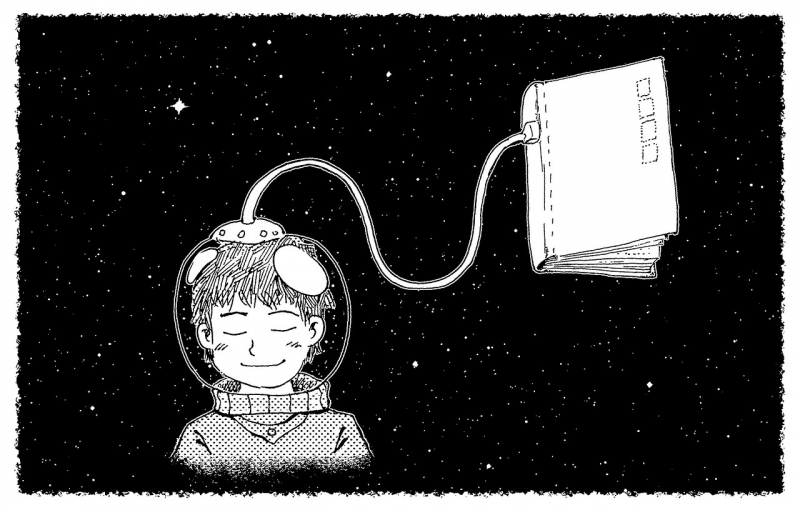
Photo by CDD20 via Pixabay 
Photo by Matheus Bertelli via Pexels -
The knowledge of how the brain creates memories has advanced significantly over the last few decades. People now understand that the brain's neural network is more like a collection of synapses, or junctions, between the many nerve cells than it is like a hard drive, which is how most people imagine it to be. Simply put, memory has little to do with the nerve cells themselves and is a result of the connections made by the nerve cells. Because the connections keep getting weaker and less accurate over time, they tend to become distorted and less precise with time.
Even while people know how it works, they haven't been able to physically map the brain's memory formation and retrieval process, and there are still many mechanisms they don't fully understand. Furthermore, science still has no idea how to explain memory retrieval, despite the fact that memory formation is now far better understood than it was merely a few years ago. People just don't understand how the brain communicates with each of its components when it needs to recall a memory, or even which components are even involved in the process.
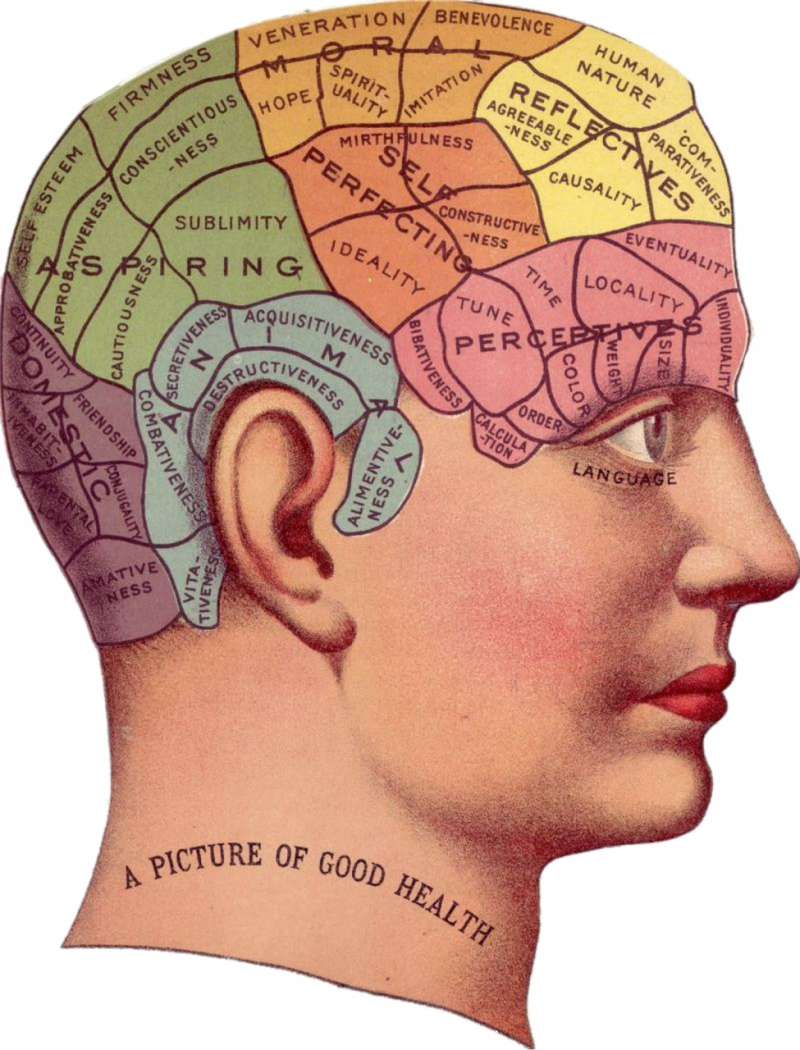
Photo by ArtsyBee via Pixabay 
Photo by Lisa Fotios via Pexels -
Every time you do anything—get up to go for a walk, pick up the phone, drive, etc.—the brain searches for the pertinent data it has on that action. It then sends signals to the appropriate muscles and body components to carry out the task based on what it already knows. The neural code, a foundational set of guidelines that govern how neurons act, is how it knows how to do it.
Though people know it's not in one location, people currently know very little about how - or even where - neurons encode that information. Numerous brain regions are activated even during relatively straightforward, linear actions like picking up an object, according to an increasing number of studies. For instance, it has been discovered that many other brain regions that ought to have nothing to do with speech are also active when you speak, despite the fact that Broca's area of the brain is thought to be responsible for speaking. In reality, it appears that the way and locations where information is stored in the brain are completely random.
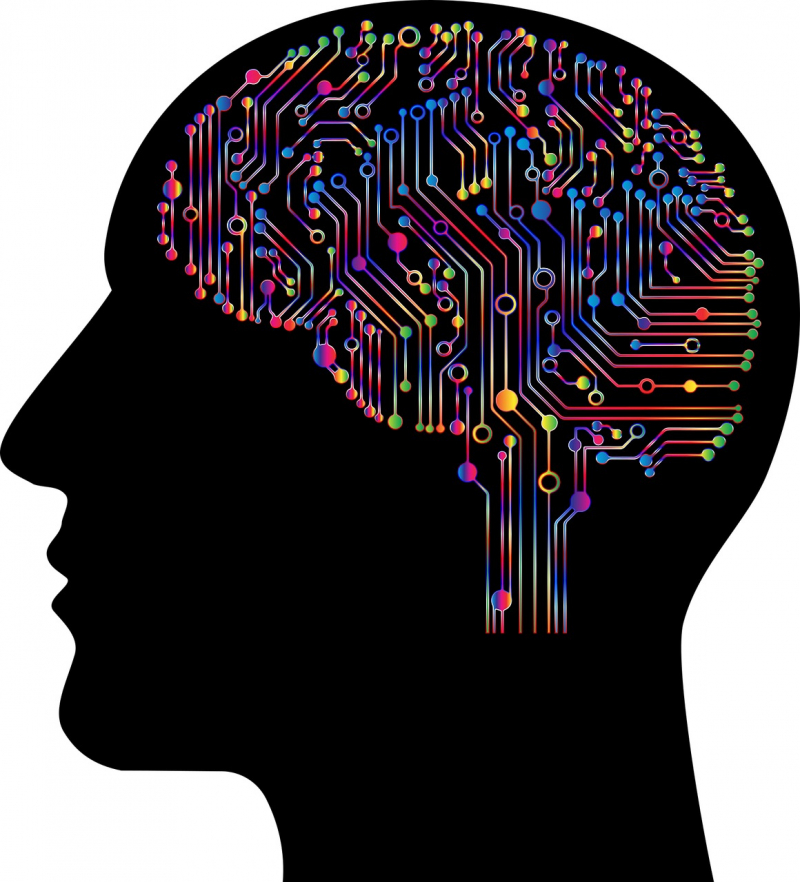
Photo by GDJ via Pixabay 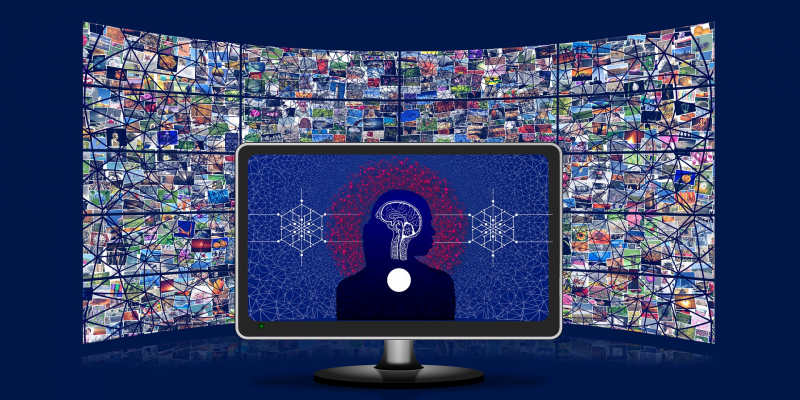
Photo by geralt via Pixabay -
Using the information you gather from all of your senses, perception is the process through which you interpret the environment around you. It's how the brain creates an accurate, reasonable representation of the world that surrounds you, which is constantly updated in response to fresh stimuli and signals.
Despite the fact that it doesn't seem like a special talent, it is nonetheless amazing that people are able to perform it. Consider the fact that you are constantly exposed to a barrage of confusing information coming from a variety of sources. The brain, however, has no trouble digesting all of that data continuously. After all, it is one of the greatest puzzles in neuroscience. Even more mysterious than how the brain processes all of those many impulses is how it actually gets them. Furthermore, people don't know if their ability to perceive is fully automatic or if they have some degree of control over it.
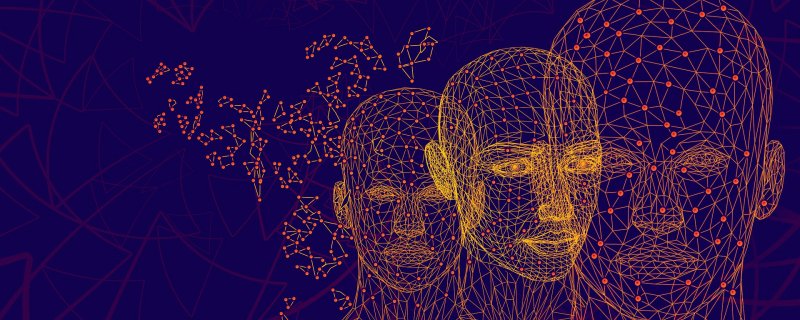
youtube.com/watch?v=0SErqVGcAR0 
Photo by cottonbro studio via Pexels -
One of the most fascinating and mysterious aspects of how brains work is the Charles Bonnet Syndrome, or CBS, which is named after the Swiss physician who first researched it in 1760. Visual hallucinations, also known as phantom visions, are a relatively uncommon disorder that only affects a small number of people who have lost their vision as a result of specific eye diseases such cataract, glaucoma, or diabetes.
Even while it may seem unbelievable, it is precisely what it sounds like: blind people who have lost their vision experience visual hallucinations. Additionally, it goes beyond simple hallucinations. Patients with CBS have described seeing intricate, unique images of a variety of objects, including deformed faces, hazy individuals dressed in exotic, vivid attire, and marching miniature soldiers. People still don't know what causes it, despite the fact that it's unquestionably one of the most fascinating - and crippling - ways the brain can malfunction. Apart from the fact that everyone who has the condition lost their vision at some time in their life rather than being born blind, there doesn't appear to be any other commonality among those who have it.

Photo by Kathrine Birch via Pexels 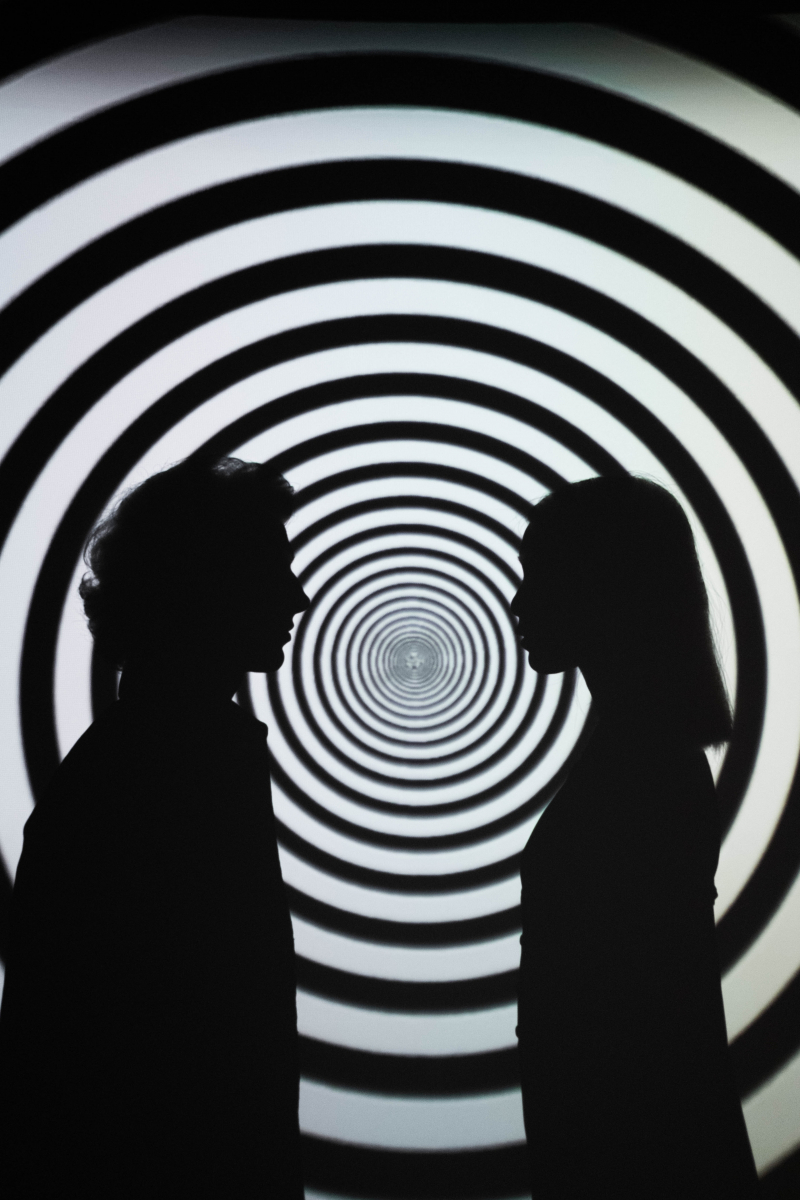
Photo by cottonbro studio via Pexels -
Everyone has all had at least one brain freeze, which is medically referred to as a "cold-stimulus headache." It often lasts a short time, is innocuous, and frequently happens just after you consume a very chilly food. However, if you study its biological or evolutionary origins, it becomes totally nonsensical as to why it occurs. Even though it feels very painful and real for that brief period, no one is aware of what takes place inside the brain during a brain freeze.
According to one explanation, it's because consuming something cold causes a sudden increase in blood flow to the brain. The brain interprets the pressure created by the increased blood flow as a form of pain, which results in what is known as a brain freeze. While that may provide an explanation of the mechanism, it does not address the question of why pain—and not any other emotion—is the perception that the brain makes of the event.
Owner: heiakim via Youtube Owner: Insider Science via Youtube -
The final mystery in this list of unexplained mysteries of the brain goes to the question "how does brain function?". The "nature vs. nurture" dispute, which focuses on whether people are primarily products of the environment or whether biology and genetics ultimately determine every aspect of your lives, has been going on for a while. In general, people tend to agree that both nature and nurture play significant roles and that it is impossible to separate the effects of the two fully. This is known as the middle viewpoint.
But growing evidence over the past few years indicates that nature may have a considerably greater influence than environmental variables on how the brains work. According to one study, genetic variations can explain up to 49% of all qualities, including IQ, mental disease, physical health, and personality. Environmental influences are as important because they account for the other half, even though it was discovered that their impact was essentially random.

Photo by Pixabay via Pixabay Owner: 876 I GOT THIS via Youtube

















